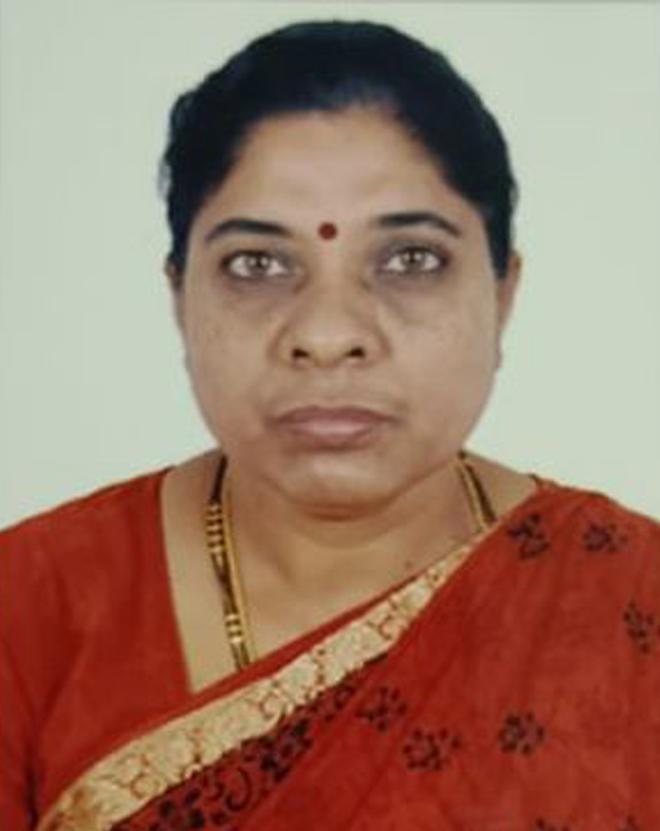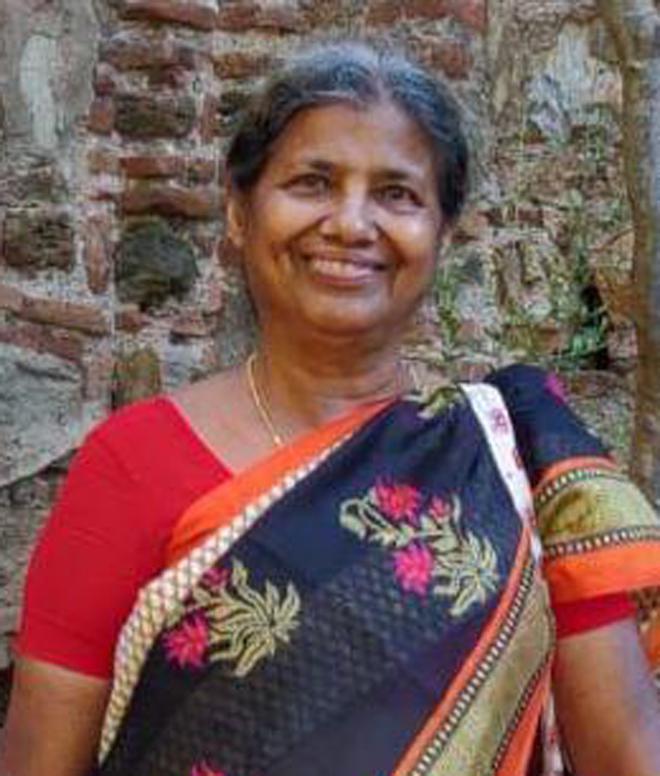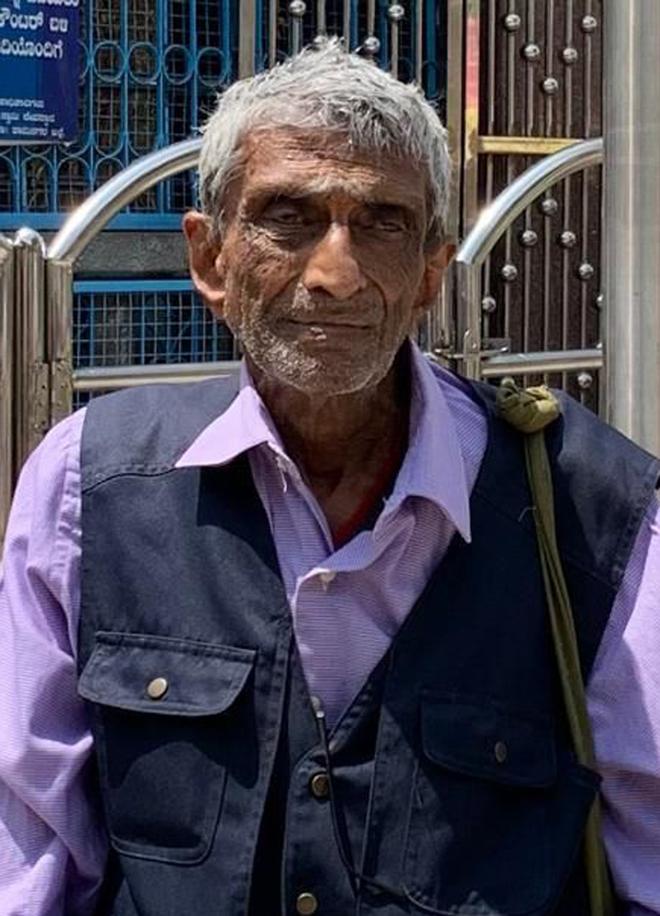“A couple of decades ago, we used to be very aware of who our candidates were. We used to have direct interactions with them. From ensuring that we had enrolled to vote and helping us get to the polling stations on the election day, the candidates and the party workers would be involved in the election process. There were instances when winning candidates had even brought sweets to our home after the results were out,” recalled Pushpa T.R., a 64-year-old retired BSNL employee, from Sahakarnagar.

Like Ms. Pushpa, several other senior citizens in Bengaluru, who have seen the rise and fall of political leaders and parties for decades, feel that the inter-personal connections that political candidates used to maintain with citizens is absent today.
These citizens took a walk down memory lane, remembering how the voters’ demands, the nature of campaigns, and other aspects related to the polls were different during the yesteryears.

“Earlier, most of the MLA or MP candidates were personally known to the voters. They were seen in the constituency very frequently. The faith of voters in the candidates was built through years of interaction. The person who was actively involved with the common voters always gained the confidence of the voter,” said V.M. Girija, a 73-year-old resident of Jalahalli.

Development of public utilities used to take the lead in the criteria to consider before voting for a particular candidate. “A few decades ago, we used to vote for betterment of the community that we lived in. Better roads and infrastructure like parks, health centres, and such amenities were our primary demands. Now, things have improved, but there is room for some more improvement in certain areas,” said Srinarasimhaiah, a senior citizen from Jayanagar.
The 90-year-old said that he cannot even remember how many elections he has voted in so far and said that voting is still very important to him as it gives him the power to elect his leaders based on past work, their activeness, and their genuineness.
How has campaigning changed?
“There were no roadshows back then. Party workers used to go around the constituency with megaphones attached to autorickshaws. We used to receive pamphlets with every party’s manifesto. Door-to-door campaigns were very common for the workers, and it would give us an opportunity to even understand the background of the candidates. There used to be a commitment from the leaders, now it is only pomp and show. Back then, elections were the seasons of celebrations, and now it seems like war time,” Ms. Pushpa said.
Senior citizens acknowledged that despite the missing inter-personal connections, in the age of social media, it is difficult for leaders to hide their mistakes. They added that the younger generations should make use of all the information and education they have before casting their vote for a better society.
“The main difference I can see between then and now is the accessibility of social media. Anything and everything, whether it’s good or bad, people will come to know in a fraction of a second. Both political parties and voters are aware of it. Those who are privileged with this information can take a wise decision quite easily,” Ms. Girija noted.







